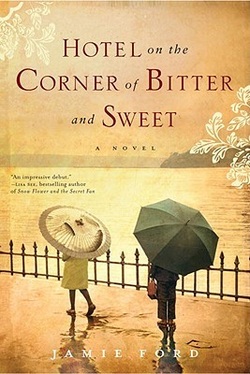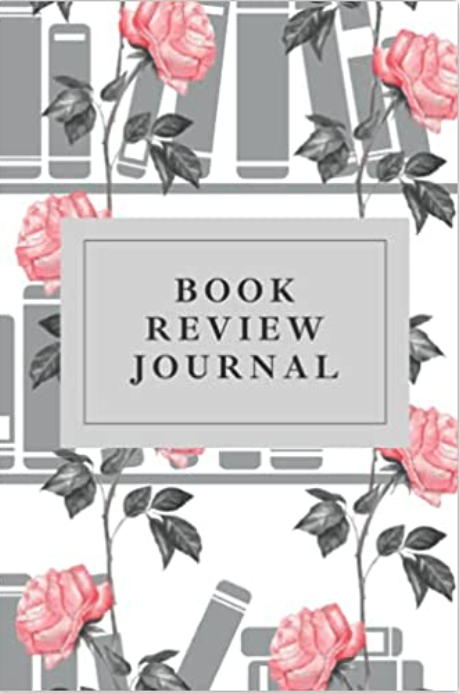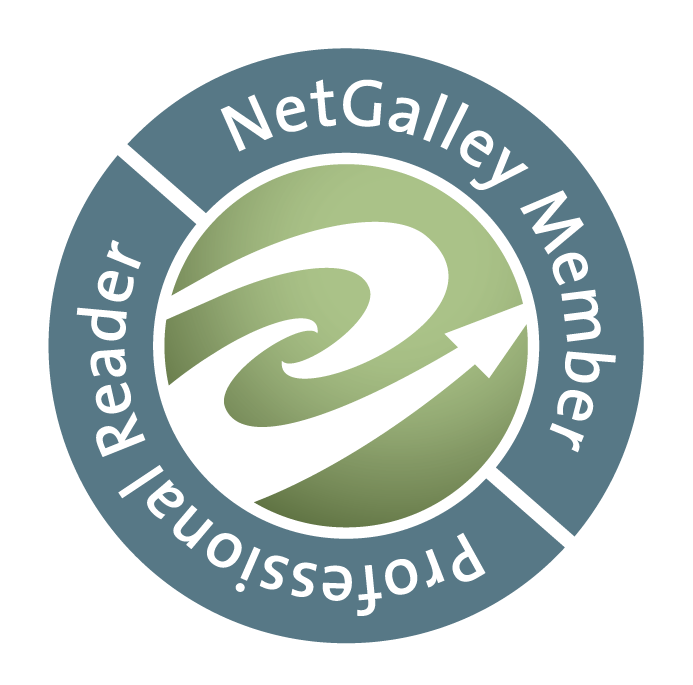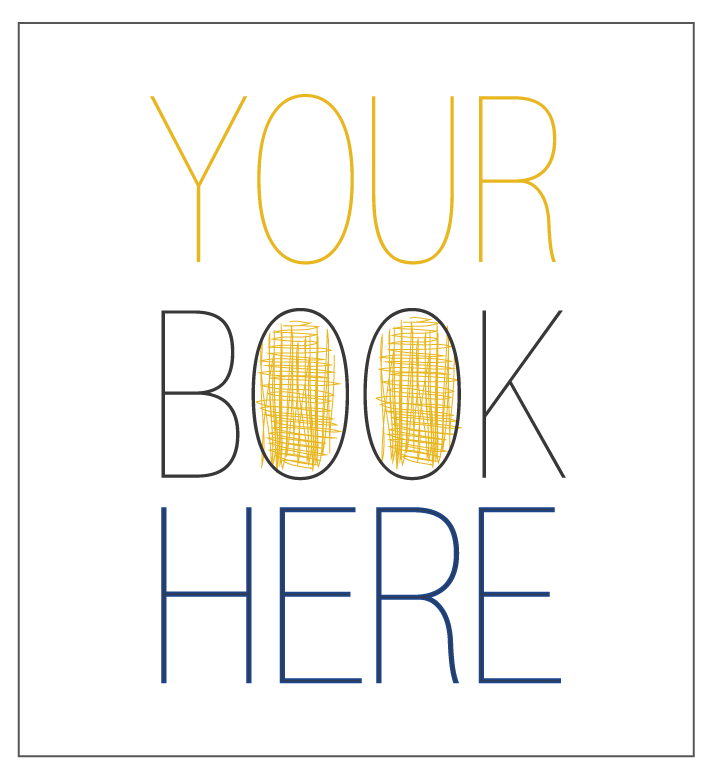
This book was amazing. I didn't have high hopes when I picked it up, but I was most pleasantly surprised. Like historical fiction? I completely recommend Hotel on the Corner of Bitter and Sweet!
Publisher: Ballantine Books
Release Date: January 27, 2009
Format: Kindle
Pages: 290
Source: Amazon Purchase
Genre: Historical Fiction, General Fiction
Original Review Date: December 28, 2011
Rating: 5 bookmarks
Synopsis: In the opening pages of Jamie Ford's stunning debut novel, Hotel on the Corner of Bitter and Sweet, Henry Lee comes upon a crowd gathered outside the Panama Hotel, once the gateway to Seattle's Japantown. It has been boarded up for decades, but now the new owner has made an incredible discovery: the belongings of Japanese families, left when they were rounded up and sent to internment camps during World War II. As Henry looks on, the owner opens a Japanese parasol.
This simple act takes old Henry Lee back to the 1940s, at the height of the war, when young Henry's world is a jumble of confusion and excitement, and to his father, who is obsessed with the war in China and having Henry grow up American. While "scholarshipping" at the exclusive Rainier Elementary, where the white kids ignore him, Henry meets Keiko Okabe, a young Japanese American student. Amid the chaos of blackouts, curfews, and FBI raids, Henry and Keiko forge a bond of friendship - and innocent love - that transcends the long-standing prejudices of their Old World ancestors. And after Keiko and her family are swept up in the evacuations to the internment camps, she and Henry are left only with the hope that the war will end, and that their promise to each other will be kept. cont.
I really felt for Henry and Keiko. They went through so much as young preteens during the 1940's. From dealing with their own individual identities, their families identities and how those meld together as Americans born with Chinese/Japanese heritages, respectively. Even though Henry's father seemed harsh, I could see what he was trying to accomplish with his son. He went about it in an more traditional Chinese manner, in my opinion the wrong way, but I believe that he felt in his heart, he really felt he was doing what was best for Henry.
The 1986 story centering around Henry and his son Marty was pretty intense too. To see how family issues were passed down to the next generation was sad. They had a strained relationship similar to Henry and his fathers. Unlike Henry's relationship with his father, he and Marty were able to mend thing between them and it looks like the past brought them together to be able to have a future. Both Henry and Marty had a hard time recovering from the death of Ethel. Henry felt guilt about pursing the past because of Ethel and not wanting Marty to feel that his mother was being disrespected. In the end, Marty understood his father and what had happened to him when he was young. Learning about his fathers past made Marty view him in a new light. Due to this, he reached out and helped his father get the closure he needed.
I also loved that Henry was friends with the Sheldon. It seems like the most unlikely paring for that time. But it also seems plausible since neither of them really fit it. That was amazingly touching that even as Henry became an adult he remained close with Sheldon. Sheldon played a vital role in Henry's life even up to the day he died. I feel that he gave Henry reassurance to "fix" what had been broken. Not only the record, but what had been broken with Keiko.
This was a book club read and I wouldn't have picked it up on my own, but I'm glad I got the opportunity to read it. It was an amazing story.
Happy Reading,
~Tamara
























